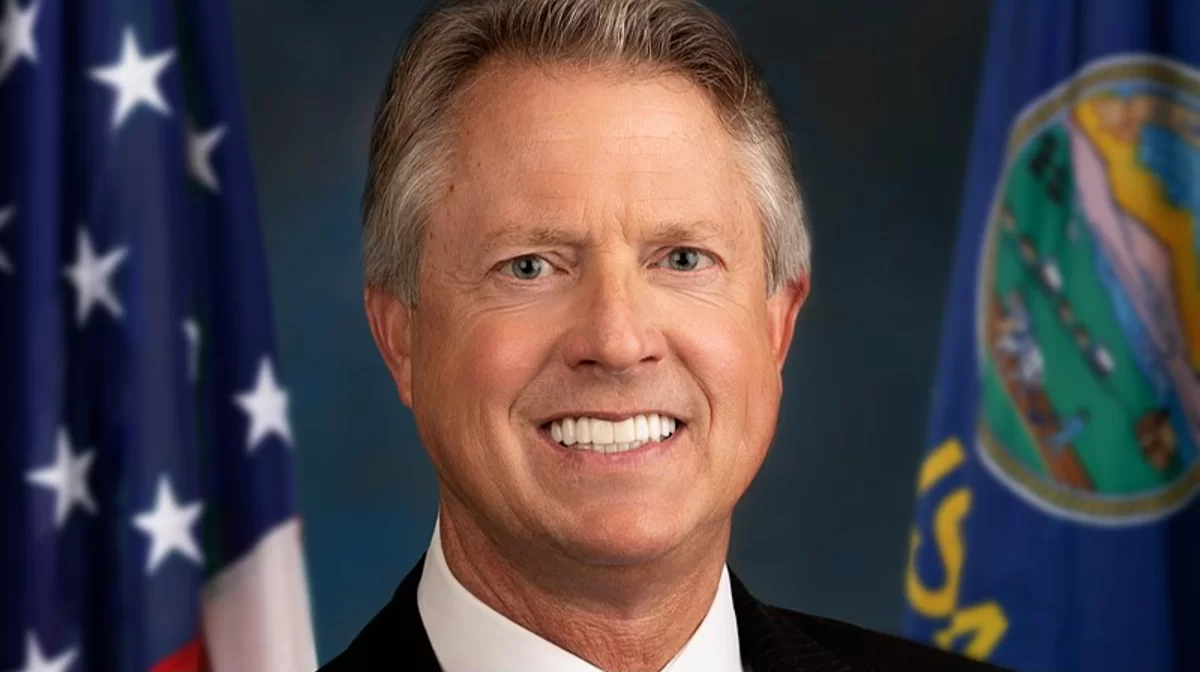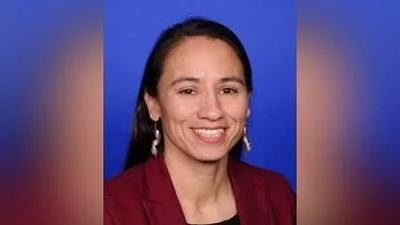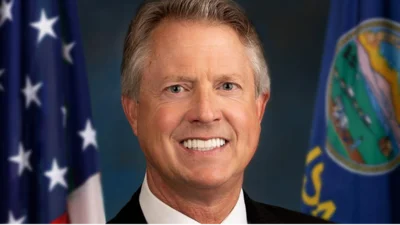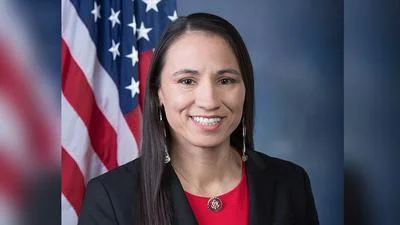Senator Roger Marshall, US Senator for Kansas | Official U.S. House headshot
Senator Roger Marshall, US Senator for Kansas | Official U.S. House headshot
Washington, D.C. - U.S. Senator Roger Marshall, M.D. has successfully advocated for the U.S. Department of Agriculture (USDA) to provide additional relief funds to American farmers. The USDA recently announced that it will be issuing final Emergency Relief Program (ERP) payments totaling approximately $306 million to eligible producers who suffered losses due to natural disasters in 2020 and 2021.
Senator Marshall's ongoing work with USDA officials has addressed concerns about misguided changes to the ERP program, which had caused delays in providing assistance to farmers. In a statement, Senator Marshall expressed his disappointment with the changes made by the USDA, stating, "These changes in no way reflected Congressional intent of the program and have created major delays in getting farmers the assistance they needed."
The recent changes to the ERP program were criticized for unfairly discriminating against full-time farm families who experienced significant losses. However, Senator Marshall was able to secure financial help for farmers through additional payments under the successful ERP Phase One. Unused funds from this phase were allocated to cover losses from 2020 and 2021 natural disasters.
Starting this week, the USDA will issue funds to producers who received ERP Phase One monies from the Farm Service Agency. These payments will be calculated based on crop insurance indemnities, with an additional 3.5% ERP Phase One funding to bring the overall payment factor to 78.5 percent.
It is important to note that producers of non-insured crops covered by FSA NAP policies, who originally received 100% payment for 2020 and 2021 losses, will not receive additional funds.
The ERP program was established to provide assistance to agricultural producers impacted by wildfires, droughts, hurricanes, winter storms, and other eligible disasters. In 2022, the USDA implemented ERP Phase One, streamlining the process with pre-filled application forms and leveraging crop insurance indemnities or Non-insured Crop Disaster Assistance Program (NAP) payments on file with USDA.
However, in 2023, the FSA announced changes to the formula for calculating assistance, requiring producers to complete complicated new forms that requested personal tax records. Senator Marshall and Representative Arrington criticized this move in a letter to the USDA, urging the department to build on the successes of ERP Phase One and use it as the framework for 2022 crop losses.
Despite the concerns raised, the FSA announced another change to the ERP framework in 2023, implementing a "progressive payment factor" that targeted disaster payments to smaller producers or those with shallower losses. Senator Marshall and Representative Arrington once again expressed their dissatisfaction with this new approach in a letter to the USDA, advocating for the implementation of the 2021 ERP Phase One framework.
Thanks to Senator Marshall's efforts, American farmers impacted by natural disasters in 2020 and 2021 will now receive additional financial assistance through the ERP top-off payments. This support will help them recover from the losses they have suffered and continue contributing to the nation's agricultural industry.





 Alerts Sign-up
Alerts Sign-up